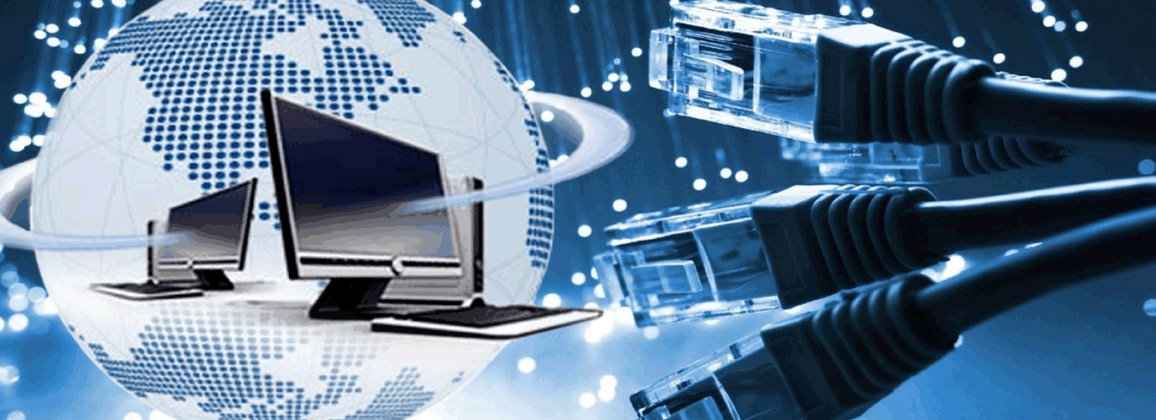A network service facilitates the operation of a network. It is typically provided by a server that runs one or more services. These services are based on a network protocol running at the application layer of the OSI model, such as X.225 (Open Systems Interconnection) or a connection-oriented session protocol. Depending on the client, these services can provide a variety of benefits. For more information, see the NFV definition.
Enterprise network services provide key networking functions that support both internal and external facing application domains. PSDN, for example, is an ultra-high-speed fiber optic data network that provides a dedicated transport infrastructure and interconnectivity pathway for public safety and government applications.
We're here to be your telecom provider today, tomorrow, and beyond.
Using this service can save your staff time and ensure that everyone is working on the same version of software. These services can simplify and automate the processes that go into maintaining a network.
The main functions of a network are user management, system administration, and email. These services are often implemented using server hardware. TCP is used to assign an IP address to every system in a network, while DHCP uses Dynamic Host Configuration Protocol (DHCP). Using the ping and traceroute commands in the Command Prompt, users can determine the paths between two networks. They can also use a distributed file system to synchronize their computer clocks.
DHCP (Domain Name System) services are another important service in the network. These services allow computers to access shared files and utilities and share resources. DHCP is an excellent choice for network security, allowing for a highly reliable and secure infrastructure. However, it can also be cumbersome, causing network problems. Therefore, DHCP-based services can help keep networks secure. If your network is vulnerable to attacks, a DTS will ensure you are protected from them.
Network services are essential for your business. They enable employees to connect to each other and communicate with each other. DHCP servers are essentially virtual networks that communicate with each other. They are connected through the Internet and can be connected to each other. These services can help you connect to your network in many ways. The DHCP server is one such service. In a managed DNS server, DNS addresses are used for different purposes. If your business uses the Internet, it is likely to use the service.

An DHCP server is a server that facilitates network operations. It can be used to connect computers and other devices. In addition to DNS servers, there are also several other types of server. The most common type of network service is e-mail. The service enables you to send and receive e-mail, instant messages, and other documents. It can also be used for voice communications. If you're worried about network security, you can contact a DTS employee for more information.
Another type of network service is shared printing. This service allows users to share printing jobs without using a single printer on each desk. Instead, the users can submit their printing jobs to a central unit - typically a multi-function printer, scanner, and photocopier. This way, confidential documents don't get lost and you'll have fewer security breaches. It also helps you manage resources that are not available to other users.
DTS will provide wireless services for small office buildings. These services can provide up to four wireless access points, and up to 20 for larger buildings. The number of access points is based on the number of employees in the building. The maximum number of wireless access points will be assigned to an agency proportionally. This means that the more access points you have, the better. And it will cost less than the conventional bank or research. That's why it's the best option for small offices.
A firewall is a computer that provides different levels of security. It supervises traffic between different levels of security. Most firewalls are located near the routers and provide security against external threats, but they can also protect against internal threats. Their main purpose is to provide a secured connection between two machines. This includes authentication, encryption, and packet-reliability assurance. It can also be used to connect two WAN networks. The firewall is needed for both.







Kay Duggan Reply
No matter what career you are in, networking is a tool that drives success.